The Great Revolution of the Blockchain in the Food Industry
The Great Revolution of the Blockchain in the Food Industry
The blockchain is essentially a technology protocol that can handle all kinds of data and contracts.
This means that the blockchain can be used in any industry in which tracking of information and contract execution is essential.
The use of the Blockchain is not limited to the modern industry, and even its use has been reached to the world's oldest food industry. There is nothing left to transpose the traditional infrastructure of agriculture into the infrastructure of blockchain .
blockchain is changing four methods of agricultural production
If you've ever been to the farm, you've probably seen how complex the ecosystem is, and in addition to having farm machinery and timely plans, farmers' finances are seasonal and, unfortunately, they are not stable. After food products leave the farm, they are new to the supply chain process, which is itself divided into many parts.
Buyers, sellers, distributors, and grocery stores all want to know what steps have been taken from farm to market. You also certainly prefer to eat before eating out where it came from.
Block-based agriculture is supposed to simplify the process of growing and distributing food. This process seeks to make all sectors a true source of supply chain supply in the agricultural sector.
In this article, we will look at the four main ways that the blockchain will use them to modify the agricultural process.
1- Procurement tracking
A major challenge in the agricultural industry is tracking and paying for product delivery. Generally, multinational corporations work to regulate and receive orders for thousands of crops.
Nowadays, in most cases, this process is carried out by relying on a native mediator or the place where the delivery of the product is coordinated. Each vendor has a representative who assures the delivery of the products. On the other hand, the buyer has a representative who inspects the delivered products and processes the payment process.
Using the blockchain, a regional intermediary sales system can be replaced with a decentralized office, which helps to simplify the process. Buyers can deal directly with the supplier and immediately pay the money.
This process is much faster than the paper-based process, which takes a few weeks to be settled. In addition, by eliminating the mediation fees, companies can allocate a larger share of sales revenue to the farmers who make the products.
Louis Dreyfus recently launched the first blockbuster agricultural product in blockchain .
They sold 60,000 tonnes of American soy to the Chinese government. The use of the blockchain in this case reduced the total logistics time by 80%. The transaction process took just one week.
In addition, during the delivery of product negotiations, there are usually complex agreements regarding delivery and payment terms. One of the most important aspects of intelligent contract management is the same reason. The use of intelligent contracts makes it possible for a farmer to sell his product direct to the restaurant or even to people without the need for middlemen (brokers).
2- Organic food and supply of blockchain
Where can we be sure that the products (especially herbal products) that we buy organic are organic?
Last year, the US Public Inspectorate received millions of tons of non-organic organic products into American supermarkets annually. It was not just a consumer problem. The cheapness of these products would have caused farmers who were selling organic and original organic products to the market badly.
Therefore, the need for methods that can validate and verify the identity of supply chain products is highly felt and has therefore spurred everyone's interest. This is the best option for blockchain. Farms can use the blockchain to add certified organic products to the General Office. Then, consumers can instantly review the product history they see on the store using the mobile app.
It's impossible to cheat with blockchain Trace System. For example, if a supplier claims that the brown that he sells comes from a healthy and valid farm in Kenya, one must know that anyone can easily check the validity of this claim. Farming with the Blockchain lets you track any product from farm to store directly from your phone.
This will make the work of regulatory agencies such as the Food and Drug Administration (FDA) and the US Agriculture Department (USDA) much easier. If contaminated in food sources, tracking where products came from and calling them related products is much easier. Consequently, regulatory agencies can control food-borne illnesses much faster.
3. Decentralizing the power of multinational corporations
At present, multinational companies are heavily dominated by the agricultural industry. They are usually the biggest buyers of products on the market, so they are companies that set prices and tell farmers what to produce in a particular season. But Blockchain-based agriculture is pushing for a smaller economic organization and community-based agriculture.
Currently there are several small agricultural companies supported by the people of the community. These companies buy farm stock and then the farmer delivers a product that he produces in one season directly to the company. This approach is beneficial in two ways.
Firstly, farmers receive the necessary funds at the beginning of the season, invest in the farm, and, besides, they will have a steady financial standing throughout the year. Secondly, consumers know farmers and benefit from cheap, seasonal and local products.
Blockchain-based agriculture can solve some of the challenges of managing, distributing and purchasing shares in relation to the implementation of an innovative community-based agricultural project.
By paying the tokens to buy stocks and the distribution process based on intelligent contracts, community-based agriculture can work more efficiently and communicate directly with farmers and consumers.
In this way, the collective management of agricultural land can be provided automatically.
4. Balancing the pricing process
At the moment, large companies control commodity markets, and there is no transparency in this market.
As a result, pricing can fluctuate significantly with regard to demand, climate, regional production, and intermediary relationships. blockchain-based agriculture can create transparency in the pricing of non-packaged goods, both for farmers and for buyers.
In the Blockchain-based market, buyers and sellers can compare their conversations based on recent transaction data. Farmers around the world can determine the value of the products they harvest, and sell them instantly.
Blockchain-based agriculture can change our thinking about food
The greater the transparency of the food production process, the more consumers will have more information to make clever decisions about their food.
With blockchain-based agriculture, food prices will be cheaper, but it will also be better for us to know where these products come from. The blockchain is the key to real, organic, and local food products available at reasonable prices to anyone.<.center>
wish you a very nice and lovely day , full of interests of life
@adip / Bianca Giornalista :) !
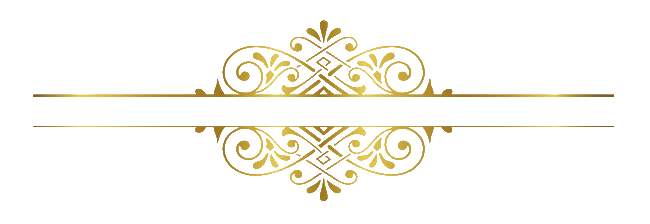
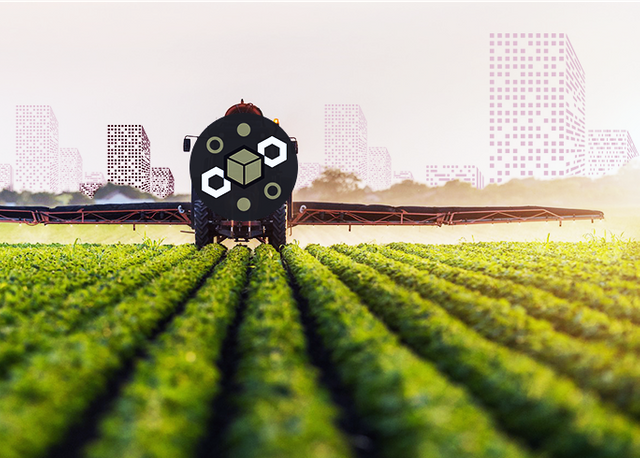


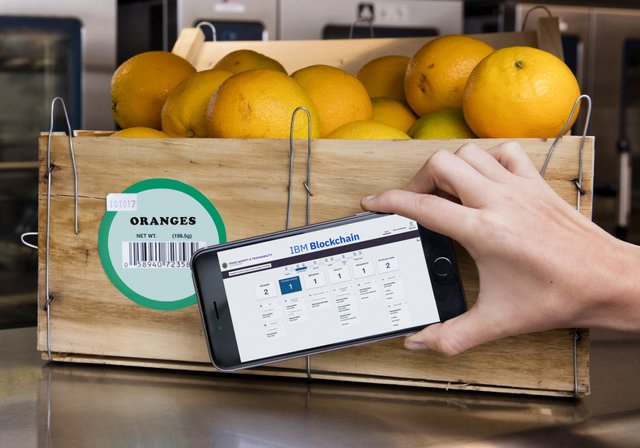
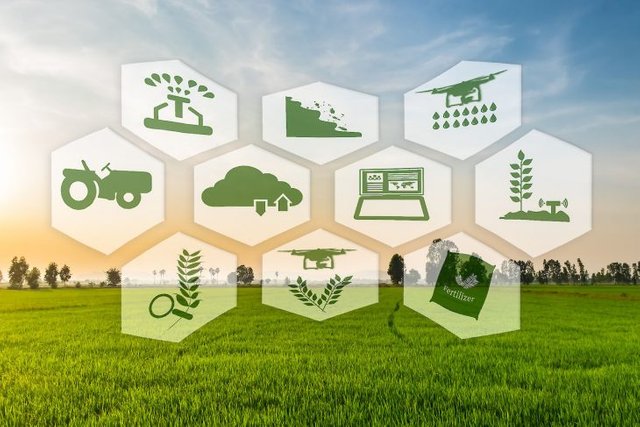
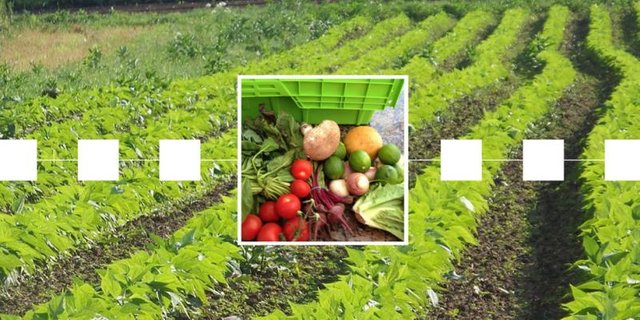
very interesting , farmers who make the products can get their revenue better and how they worth ! that's all a great job , more than great !
Thank you! Upvote!